Use your presence, use your voice
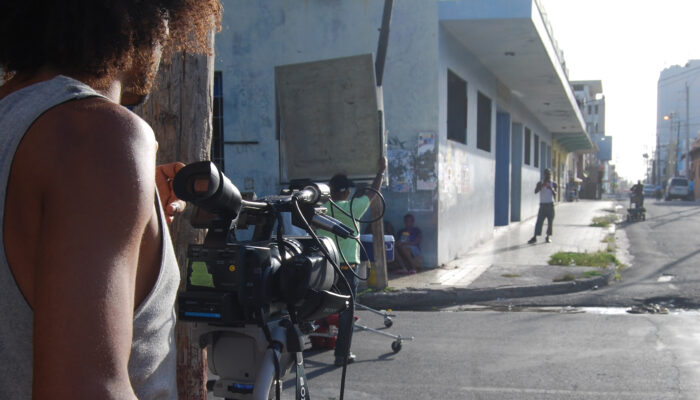
They aim to contribute to an environment in which all players in international cooperation can and will dare to learn more from each other, so that we can work more effectively and ethically towards a world without poverty, inequality and injustice that we all aspire to. Most visibly, they organize awareness events, notably the Humanitarian Communication Awards INGOs with advice on how to do their humanitarian communication (strategies) better. In addition, they organize, host and/or participate in various workshops and other events throughout the year.
Why is humanitarian communication so important?
We consider representation and discourse as integral to the production of the Global South and see the communication on (the needs of) developing nations and peoples by government, industry, NGOs and the media in the Global North as part of the problem of (the failure of) international development and worldwide issues of poverty, inequality and injustice. In other words, we do not consider humanitarian communication as a means to an end, but as part and parcel of the end itself.
In other words, we do not consider humanitarian communication as a means to an end, but as part and parcel of the end itself.
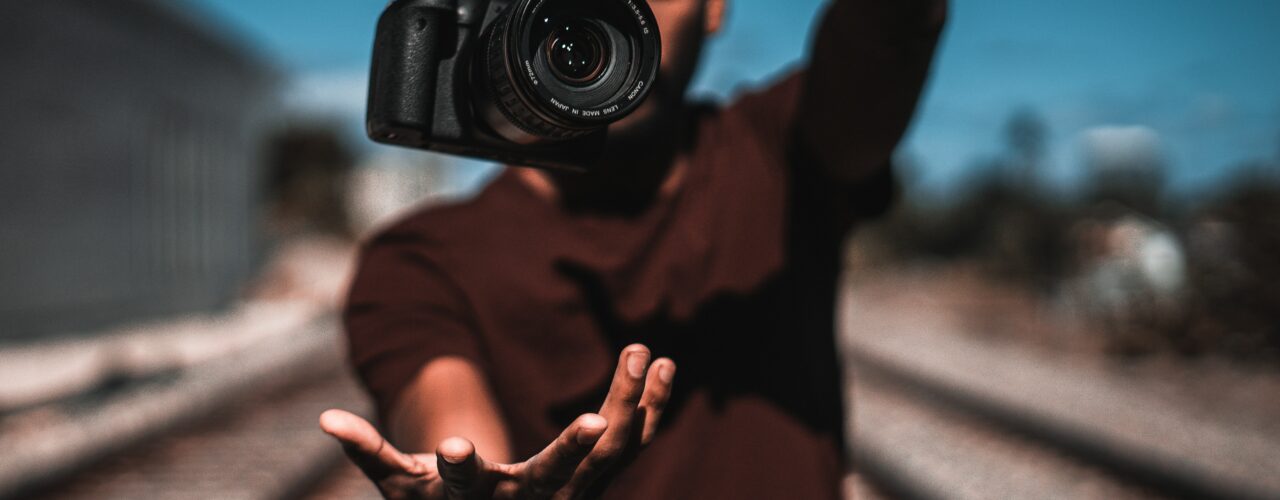
Do you see a change in the way NGO’s are campaigning in the previous years?
It has been almost thirty years since the emergence of the imagery debate, and in this period progress in the aesthetics and ethics of humanitarian communication has remained rather limited. This is in part due to the prominence of the negative/positive divide that keeps steering the debate in the wrong direction. Negative as well as positive stereotypes reproduce ideas of non-Western Others as exotic, primitive, and in need of help. In recent years, the popular approach of hope-based communication, while having potential, once again runs the risk of proposing positive images and stories as the solution in the imagery debate.
Could you give an example of a campaign that made an impression on you / surprised you in a positive way?
The Right Here Right Now video An important voice message from Jairo, which was the winner of the Highflyer Award in 2021, is one of the campaigns that made an impression on us. In this nearly four-minute video, we hear a voice message from Jairo, a 26-year-old gay LGBTQ+ activist from Guyana. Besides that we don’t often hear about this South American country in campaigns, the approach of this video is very strong. Jairo tells a personal and substantive story about gender inequality and sexual violence in his country (including attention to homophobic colonial laws) – and how he decided to stand up against this to bring about change. His voice message is supported by appropriate, clear and creative illustrations that honor and reinforce his story. It is great to see that the time has been taken to tell the story (in both image and sound) – and that Jairo makes his (own) voice heard and tells his (own) story. At the end of the video we also get to see Jairo, looking into the camera and saying: “Use your presence, use your voice.” And that is exactly what Jairo has done in this video, and what the more than 1500 other youth activists of Right Here Right Now – a partnership of Rutgers, Hivos, IPPF Africa Region, Dance4Life, Arrow, Choice and LACWHN – stand for.
Use your presence, use your voice.
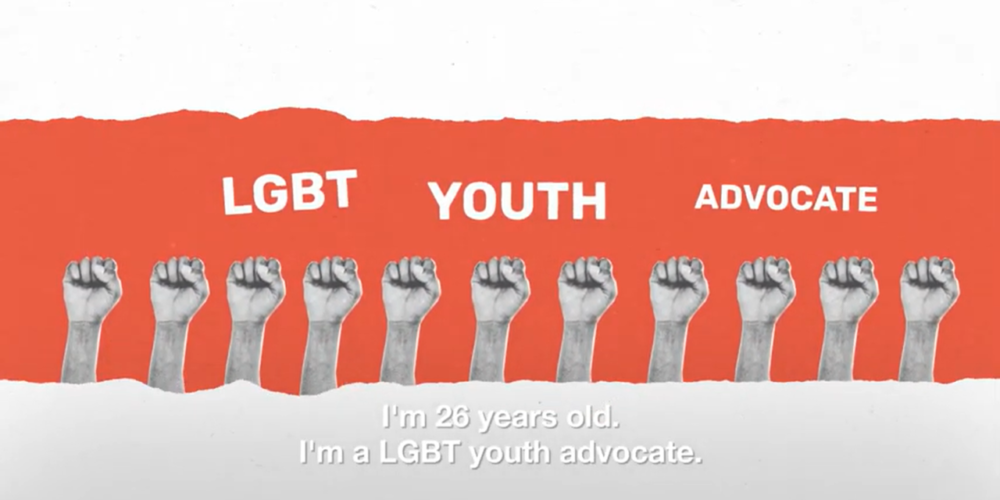
What constitutes a bad humanitarian campaign and what constitutes a good humanitarian campaign?
We still often see campaigns presenting simplistic, ahistorical and apolitical narratives, which hide the more systemic problems of poverty, inequality and injustice – problems that cannot be individualized and depoliticized. Instead of being stripped of historic, contextual and political complexity, humanitarian communication need to be historicized, contextualized and politicized. Campaigns should uphold values such as solidarity, equality and justice. INGO campaigns that are steeped in the complexity, history and politics, and based on the agency, dignity and humanity of vulnerable people in the global South, are able to contribute to a more just global society.
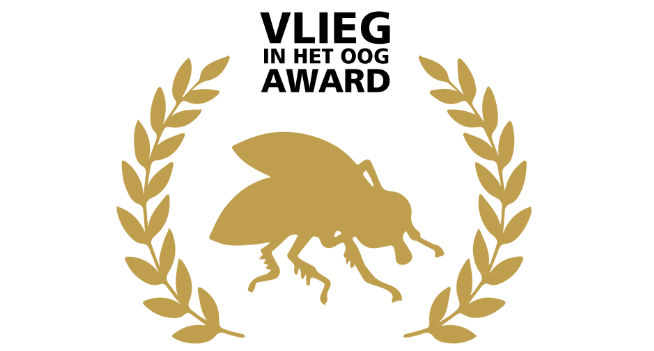
Do you feel like the award has an effect on the campaigns of INGOs?/ How does the award affect INGOs' campaigns?
Our expertise centre seek to assist INGOs to avoid unbalanced and ultimately harmful campaigns, and we believe our annual awards contribute to that objective. Looking at the many responses from INGOs we have received over the years, and particularly the many conversations we have had with organizations, reflecting on the campaigns that have been nominated for the Fly in the Eye Award, is seems the awards at least have some effect on the campaigns of INGOs.
Our expertise centre seek to assist INGOs to avoid unbalanced and ultimately harmful campaigns, and we believe our annual awards contribute to that objective.
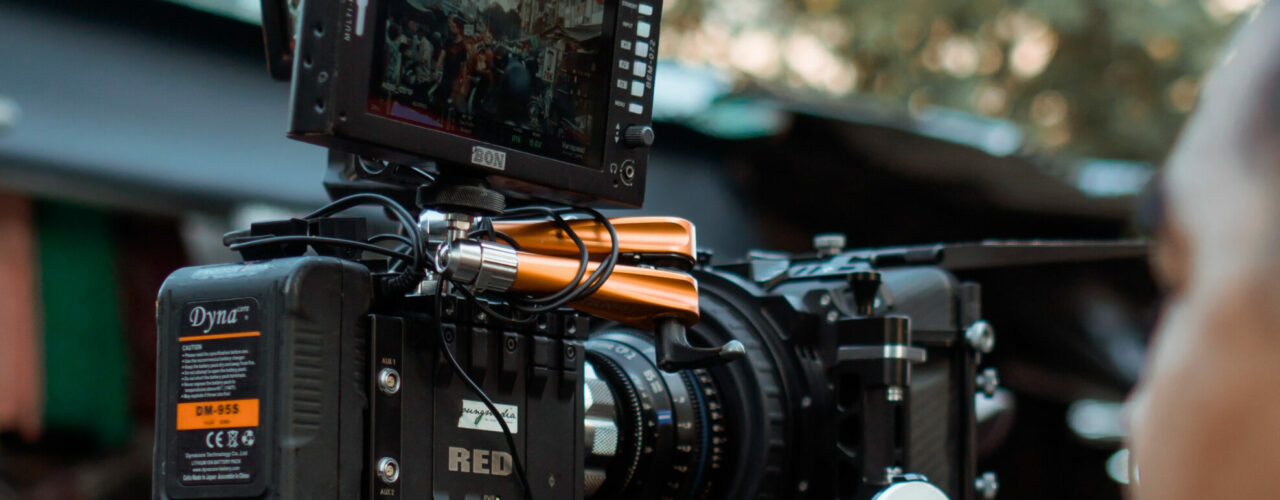
Website
Read more about their work on the website of the Expertise Centre Humanitarian Communication,
Or get to know Wouter Oomen and Emiel Martens
Date: 18th of July 2023
Author: Marianne Sijtsma
